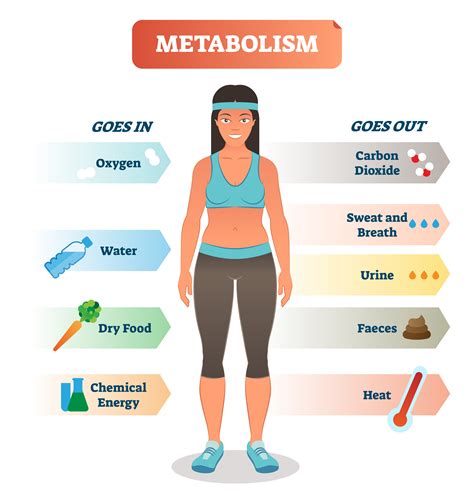Metabolic Support: Enhancing Body's Metabolic Functions
Metabolic Support FAQ
What is metabolism & how does it work?
Your metabolism controls how much of that energy your body uses. Metabolism is broken down into two processes: anabolism and catabolism. Anabolism is the storing of energy, supporting new cells, and maintaining body tissues. Catabolism is the opposite, breaking down energy to move, heat, and energize your body.
What is metabolism & why is it important?
Metabolism refers to the chemical (metabolic) processes that take place as your body converts foods and drinks into energy. It’s a complex process that combines calories and oxygen to create and release energy. This energy fuels body functions. Cleveland Clinic is a non-profit academic medical center.
What is the difference between metabolic health and metabolic health?
Metabolic health is intricately tied to metabolism. “Metabolism refers to all of the bodily processes that convert the food we eat into energy,” says Pasquariello. Whereas “metabolic health asks the question ‘how well is your metabolism functioning, as measured by the state of various organ systems?’” she differentiates.
What is metabolic health?
Traditionally, metabolic health is defined as a lack of metabolic syndrome, meaning having no more than two of the following criteria: Waist greater than or equal to 40 inches (102 cm) in men and 35 inches (88 cm) in women Fasting glucose above 100 mg/dL (5.6 mmol/L) or HbA1c above 5.6% (38 mmol/mol)
Metabolic Support References
If you want to know more about Metabolic Support, consider exploring links below:
What Is Metabolic Support
- https://www.dietdoctor.com/science/metabolic-health
- https://metabolicsupportuk.org/
- https://my.clevelandclinic.org/health/body/21893-metabolism
- https://www.bupa.co.uk/newsroom/ourviews/metabolic-health
- https://www.verywellhealth.com/metabolism-7098962
- https://www.mindbodygreen.com/articles/what-is-metabolic-health-and-how-to-tell-if-your-metabolically-healthy
- https://www.medicalnewstoday.com/articles/325237
- https://www.webmd.com/fitness-exercise/what-is-metabolism
- https://askthescientists.com/metabolism-overview/
Metabolic Support Information
Explore Related Topics
Ayurvedic Mind-Body Therapies for Diabetes: Balancing the Connection?
Explore the holistic approach of Ayurvedic mind-body therapies in diabetes care.
The role of dietary supplements in diabetes treatment
Discuss the potential benefits of dietary supplements in supporting diabetes management.
Herbal Supplements for Diabetes: Are They Safe and Effective in Holistic Healing?
Share experiences and insights on using herbal supplements for diabetes
Exploring Chiropractic Techniques for Diabetic Neuropathy Management
Delve into the various chiropractic techniques that can aid in managing diabetic neuropathy.
Chiropractic Adjustments for Diabetic Neuropathy: Myth or Miracle?
Uncover the truth behind the effectiveness of chiropractic adjustments for diabetic neuropathy.
